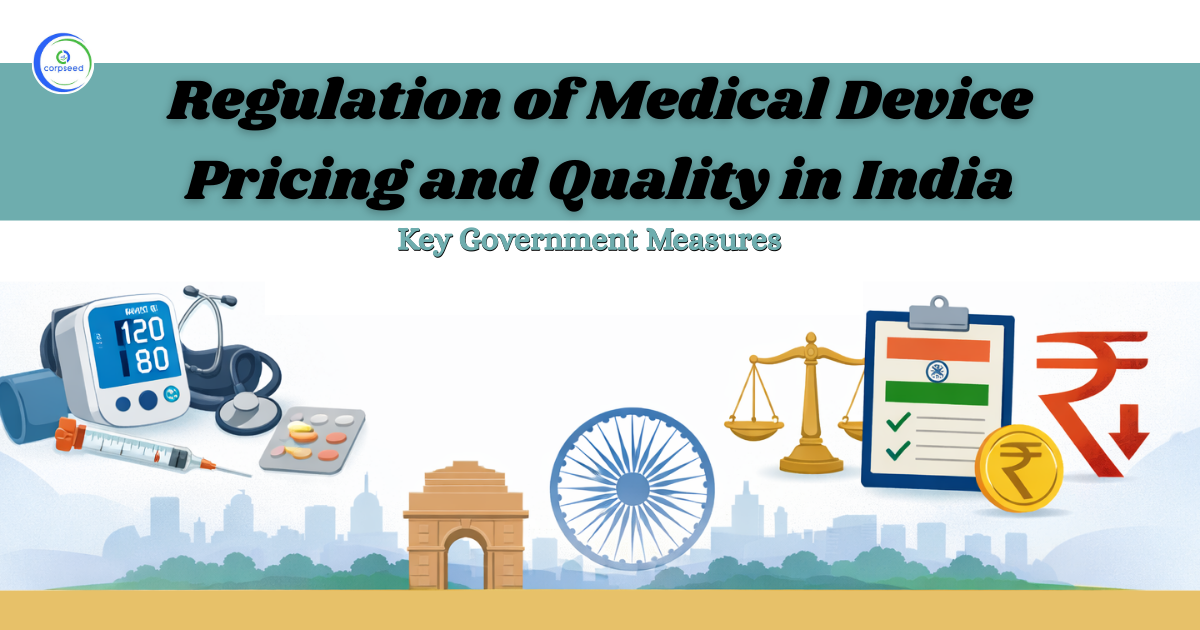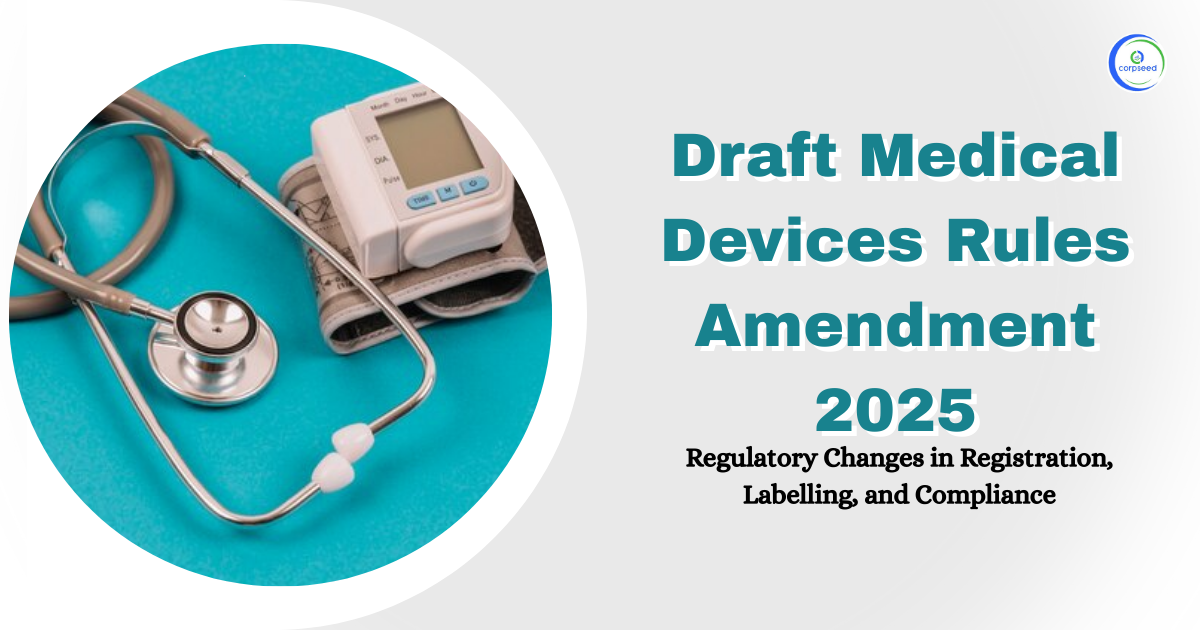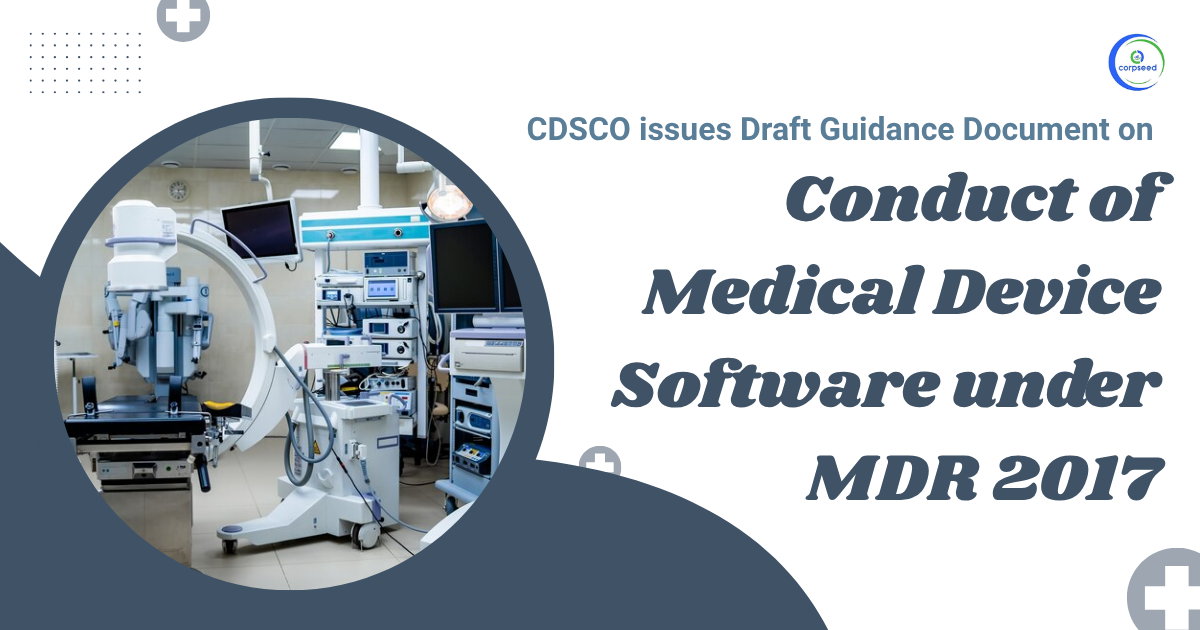The pharmacy industry also plays a crucial role in public health. The most important activities in the improvement of medical science development are to introduction of new drugs into the market and their clinical trials. These processes in India are governed under the New Drugs and Clinical Trials Rules. Recently, these rules were amended during the year 2024, which brought about some major changes and made the procedures smooth with reasonable safety.
Background
The New Drugs and Clinical Trials Rules first came into existence in 2019 by putting a framework around the approval and regulation of new drugs. Its basic objective was to protect patients' safety while promoting innovation in the drug development process. The 2024 amendments aim to further streamline this framework by addressing the issues that have arisen in the clinical trial process.
Table of Contents
- Background
- Objective of the New Drugs and Clinical Trials (Amendment) Rules, 2024
- Major New Drugs and Clinical Trials (Amendment) Rules, 2024 Features
- Implications of the New Drugs and Clinical Trials (Amendment) Rules, 2024
- Future Directions of New Drugs and Clinical Trials (Amendment) Rules, 2024
- Conclusion
--------------Blog Contact Form-------------
Objective of the New Drugs and Clinical Trials (Amendment) Rules, 2024
- Patient Safety Enhanced: The key object is reinforcing the safety of subjects in clinical research and rights and safety.
- Process Simplification: The proposed amendments are made to make the process easier and faster for drugs to be released into the market by enhancing the smooth completion of new drug approvals as well as clinical research processes to encourage innovation even while maintaining high standards of safety.
- Aligning with Global Standards: It proposes aligning the Indian clinical trial framework with the best global practices through revisiting and revising regulations, which would thereby make the country an attractive destination for pharmaceutical research globally.
- Encouraging Innovation: The new amendments are also attempts to promote innovative research and development in the fields of pharmaceuticals and biotechnology by clearly opening up approval and commercialization pathways.
Major New Drugs and Clinical Trials (Amendment) Rules, 2024 Features
The drug approval process simplification
Under the new 2024 amendments, the procedures for drug approval have been eased. The rules are now able to review newer drugs and even clinical trials more promptly than before. This is very crucial in urgent health issues such as pandemics or emerging diseases.
Simplification of documentation
The requirement for documentation has been modified. The directives are that the procedure for documentation needs to be more streamlined so that the bureaucratic burden of these procedures is minimized on the researchers. This includes:
- Standardized Formats: Using standardized formats for submitting applications in order not to confuse what is being submitted.
- Digital Submissions: Encouraging electronic submissions to improve ease and accuracy in tracking.
Enhanced Patient Safeguarding
The amendments of the declaration emphasize the entry of enhanced safeguards to be practiced in clinical research. These include the below:
- Informed Consent: The methods for informed consent have become sterner. It is only now that participants are required to fully comprehend the risks and benefits.
- Monitoring adverse reactions: All such adverse reactions that may arise as a result of the studies must be documented for urgent action if necessary.
Vulnerable Population Center
Amendments Establish the need for special care and attention in vulnerable populations, such as children and pregnant women. New guidelines have been outlined to ensure ethical considerations are paramount when any kind of clinical trial is done with such a group. These include:
- Additional Safeguards: Inclusion of more safeguards that uphold their rights and will protect their well-being.
- Tailored Protocols: Developing protocols for the clinical trials tailored to meet the unique requirements of those populations.
Investigator-Initiated Trials Controls
Investigator Initiated Trials are trials run by investigators as opposed to the pharma companies. The amendments give detailed guidelines on the conduction of IITs, which include:
- Approval Process: A streamlined approval process developed for IITs to be used in innovative research.
- Funding and Support: Facilities for funding and support of IITs with potential for public health benefits.
Sharper Focus on Data Integrity
Data integrity keenly prevails with data collection from clinical trials. New regulations require:
- Data Management Plans: A well-defined data management plan through which information is systematized for collection and subsequent storage.
- Audits and Inspections: Audits and inspections in higher frequencies to allow traceability of compliance of procedures with data integrity standards.
Collaboration with Global Regulatory Bodies
These amendments encourage cooperation with international regulatory bodies, thereby making it easier for Indian regulations to be aligned with the best practices around the world and paving the way for easier access by Indian drug manufacturers into international markets. Some of the key points are as under:
- Mutual Recognition Agreements: Emphasize MRAs, whereby cross-border approval can be obtained through a process that involves mutual recognition.
- Sharing Best Practices: Regular dialogue with international regulatory bodies for adopting best practices.
Implications of the New Drugs and Clinical Trials (Amendment) Rules, 2024
- Quicker Drug Development
One possibility is that the amendments could shave a great deal off drug development timelines by streamlining the approval process and reducing the paperwork needed to get drug approvals in place. This may be especially useful in reacting to public health emergencies when fast access to new treatments is critical.
- Increased Investment in Clinical Research
Better guidance and support for investigator-initiated Initiated Trials would motivate more researchers and more institutions to take up more clinical trials, thereby increasing investment in the pharmaceutical sector and promoting innovation and growth.
- Heightened Trust in Clinical Trials
Patient safety, and ethical considerations, especially towards the vulnerable, would give the public confidence in clinical trials. This is essential to the participation of a more heterogeneous sample in future studies.
- Global Competitiveness
Maintenance of global standards will help Indian pharma companies sell their competitiveness in the global market. Opportunities for collaboration as well as access to new markets will increase.
Future Directions of New Drugs and Clinical Trials (Amendment) Rules, 2024
Several areas need attention for further development in the Indian clinical trial landscape going forward:
- Patient-centric approach to research
This is essentially incumbent on the future regulatory framework in the conduct of clinical research so that the needs and preferences of patients become integral to the research process.
- Technology-driven
This would lead to better process operations of clinical trial methodologies and enhance data integrity, including collection and monitoring. The e-consent and electronic health record development are some of the other important considerations to be discussed with its policymakers.
- Strengthened International Interaction
India should further strengthen international collaborations so that general clinical trials of the country remain well in step with the international standards.
- Continuous Feedback Mechanism
Implement continuous feedback mechanisms that provide an avenue for a stakeholder to raise concerns or suggestions concerning the regulatory framework; such a mechanism will inspire cooperation.
Conclusion
This New Drugs and Clinical Trials (Amendment) Rules, 2024 is the landmark amendment for regulation in India over pharmaceuticals and clinical research. Simplifying processes, enhancing security for patients, and promoting cooperation are considered to enhance innovation and bring new drugs to the market quickly, safely, and efficiently.
These policy changes will play a significant role for India as it grows more into a hub of pharmaceutical research and development and shapes the future of health care here. Emphasis on ethical considerations besides worldwide competitiveness will not only reap benefits for Indian consumers but also make India better placed within the global field of pharmaceuticals.
With these amendments, the pathway towards enhancing the advancement of medical science and further advancement in improving public health in India promises a much healthier future.
This portion of the site is for informational purposes only. The content is not legal advice. The statements and opinions are the expression of author, not corpseed, and have not been evaluated by corpseed for accuracy, completeness, or changes in the law.
BOOK A FREE CONSULTATION
Get help from an experienced legal adviser. Schedule your consultation at a time that works for you and it's absolutely FREE.
_Rules,_2024_Corpseed.webp)








